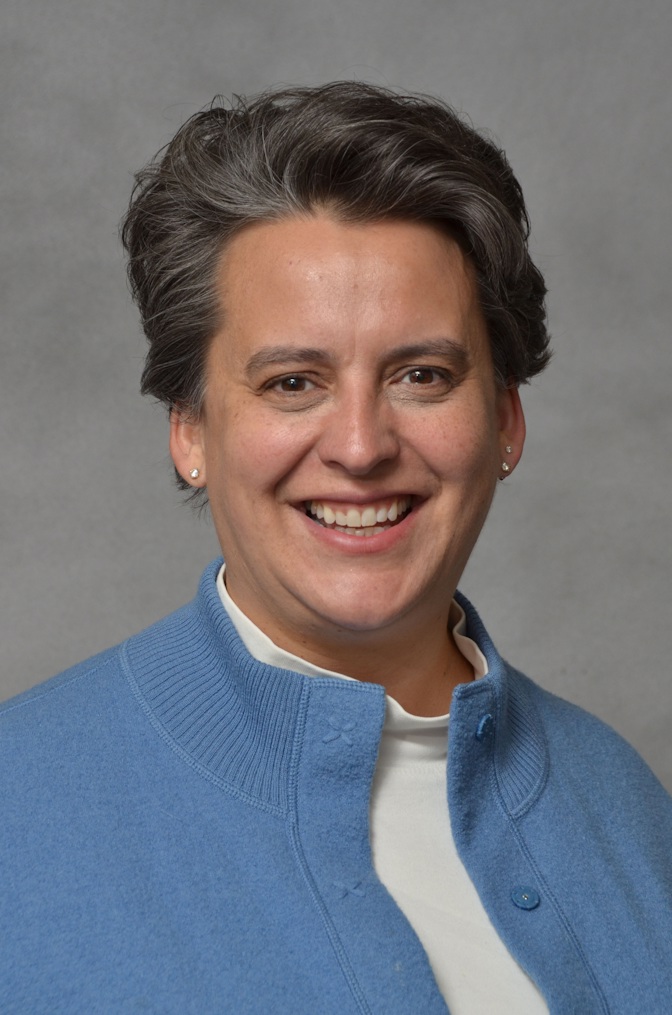Newsroom and Blog Updates on Pursuing Excellence
#ACGME2023 Closing Plenary: A Look Forward
The ACGME is pleased to announce the 2023 Annual Educational Conference Closing Plenary, a conversation on the future of graduate medical education with Drs. Thomas J. Nasca and Debra Weinstein.
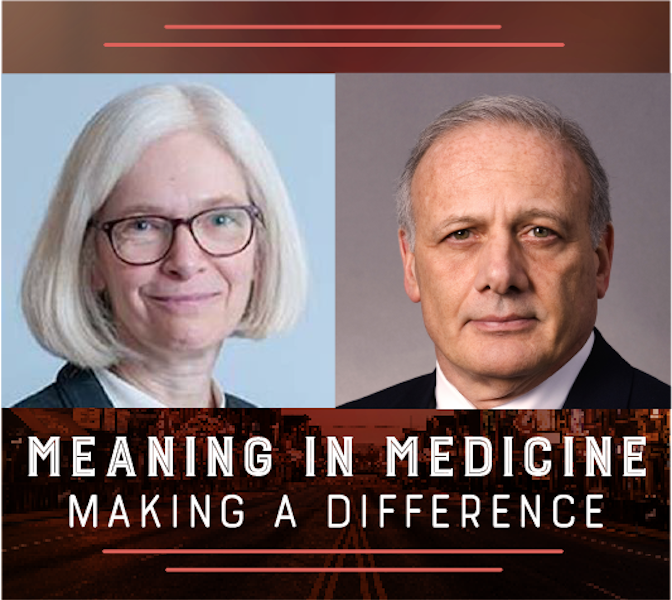
January 17, 2023
This week's e-Communication announces the Marvin R. Dunn Keynote Address and Closing Plenary speakers for the 2023 Annual Educational Conference; includes information about Review and Comment, Milestones, CLER site visit blackout dates, and more.
#ACGME2023: Join Us in Nashville!
After a full day of learning and collaboration at #ACGME2023, leave yourself some time to explore Nashville!

Partnerships to Establish and Sustain Rural GME: Q and A with John Andazola, MD, FAAFP of the Southern New Mexico Family Medicine Residency Program and the New Mexico Primary Care Training Consortium
The next post in the Partnerships to Establish and Sustain Rural GME series looks at the Southern New Mexico Family Medicine Residency Program.
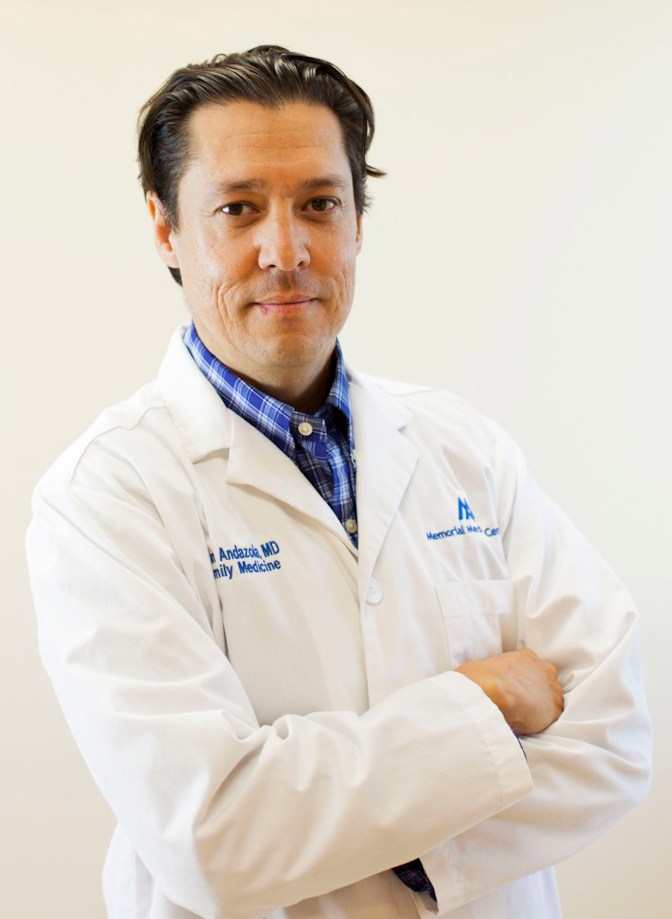
ACGME Answers: Program Requirement Updates
Part of the ongoing ACGME Answers series, this post aims to clarify confusion regarding updates to ACGME Program Requirements.

#ACGME2023 Networking Opportunities
Networking opportunities abound each day of the conference. Here’s a quick snapshot of some of what’s planned.
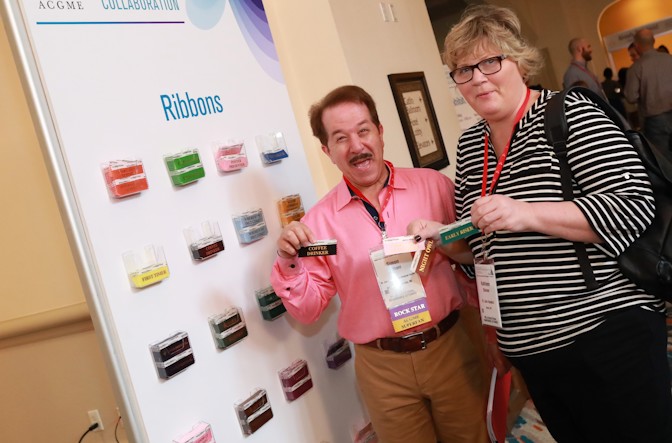
December 12, 2022
This week's edition of the e-Communication includes details on the Annual Educational Conference, the latest CLER National Report of Findings, and more.
#ACGME2023: Activities and Events
The 2023 Annual Educational Conference includes several events and activities for connecting with colleagues in a relaxing and engaging atmosphere.

#ACGME2023 for the Global Audience
The ACGME looks forward to welcoming international attendees to the ACGME 2023 Annual Educational Conference.
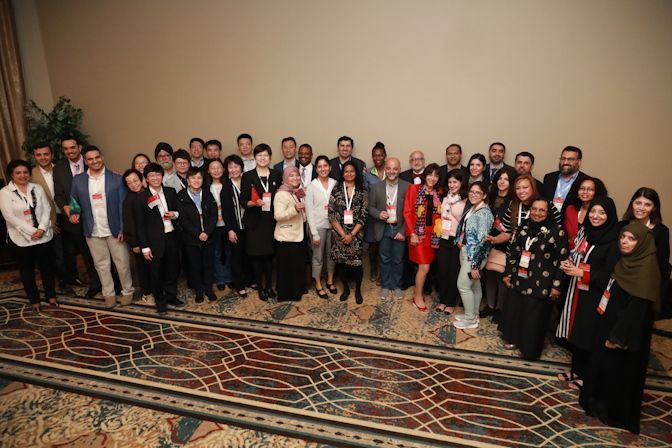
Partnerships to Establish and Sustain Rural GME: Q and A with Melissa Brunsvold, MD of the University of Minnesota Medical School
The next post in the Partnerships to Establish and Sustain Rural GME series looks at the University of Minnesota General Surgery Rural Track.
